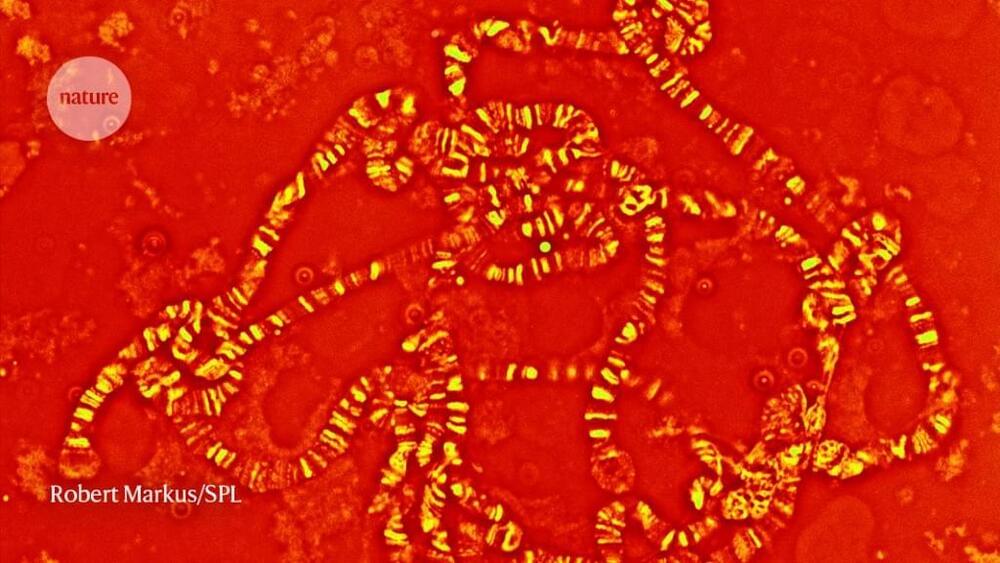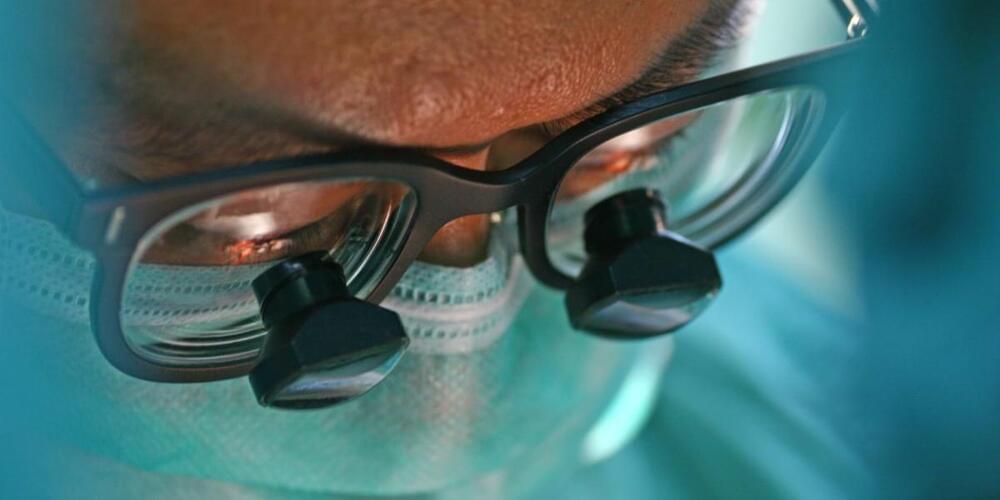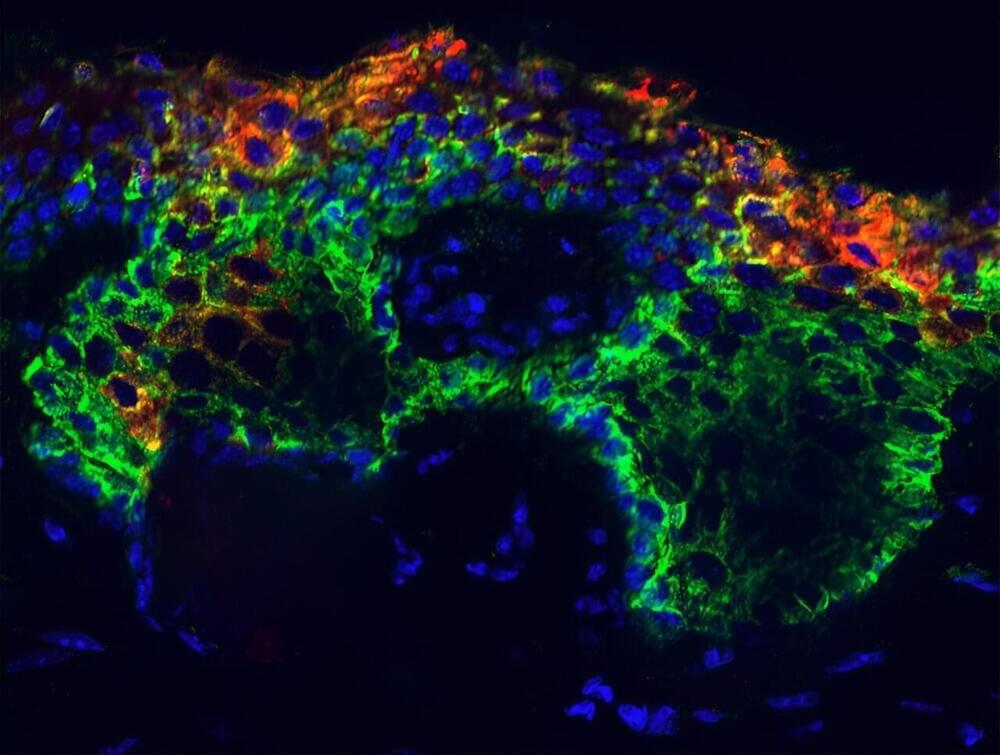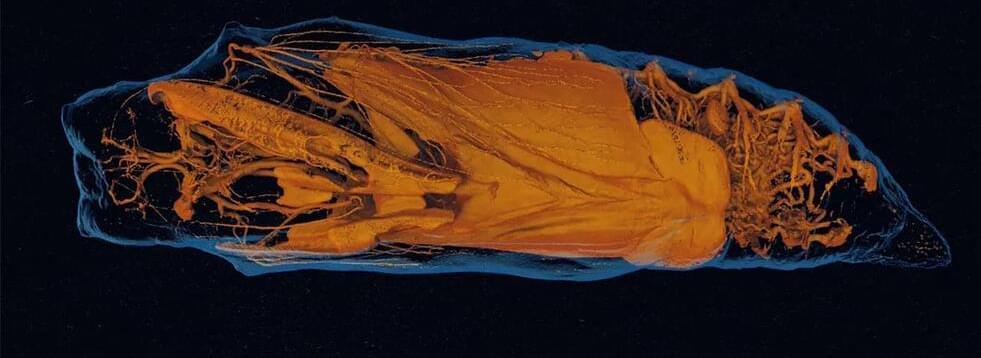Scientists alter the genomes of female fruit flies, allowing them to reproduce without any contribution from a male.




Early on, every stem cell faces a fateful choice. During skin development, for instance, the embryonic epidermis begins as a single layer of epidermal progenitor cells. Their choice is to become a mature epidermal cell or switch to becoming a hair follicle cell. This so-called fate switch is governed by the transcription factor SOX9. If the progenitor cell expresses SOX9, hair follicle cells develop. If it doesn’t, epidermal cells do.
But there is a dark side to SOX9, as it’s implicated in many of the deadliest cancers worldwide, including lung, skin, head and neck, and bone cancer. In skin, some aberrant adult epidermal stem cells later turn on SOX9 despite their chosen path—and never turn it off, kickstarting a process that ultimately activates cancer genes.
Scientists have never fully understood how this doomed outcome ensues at a molecular level. But now Rockefeller researchers have revealed the mechanisms behind this malignant turn of events. SOX9, it turns out, belongs to a special class of proteins that govern the transfer of genetic information from DNA to mRNA. That means it has the ability to pry open sealed pockets of genetic material, bind to previously silent genes within, and activate them. They published their results in Nature Cell Biology.
Fragile X syndrome is a genetic disorder caused by a mutation in a gene that lies at the tip of the X chromosome. It is linked to autism spectrum disorders.
People with fragile X experience a range of symptoms that include cognitive impairment, developmental and speech delays and hyperactivity. They may also have some physical features such as large ears and foreheads, flabby muscles and poor coordination.
Along with our colleagues Jonathan Watts and Elizabeth Berry-Kravis, we are a team of scientists with expertise in molecular biology, nucleic acid chemistry and pediatric neurology.

“O poplar tree, O poplar tree, how carbon-dense are thy branches …”
Trees are a major tool in our fight against climate change by sucking up carbon dioxide, but one company is taking them a step further: genetically engineering trees to sequester even more carbon. U.S. climate technology startup Living Carbon is developing genetically engineered seedlings of a hybrid poplar that it says can accumulate up to 53% more biomass than control plants and thereby absorb 27% more carbon.
Plants use sunlight to turn water and carbon dioxide into oxygen and sugar, a process known as photosynthesis. Living Carbon says its trees, a hybrid of the common aspen (Populus tremula) and white poplar (P. alba), can do it better with genetic changes to boost its photosynthetic performance.

Humans have a distinctive skeleton, and are the only bipedal great apes (the great ape species are bonobos, chimpanzees, gorillas, orangutans, and humans). While the evolution of the human skeleton enabled us to walk upright, it also led to the rise of musculoskeletal disease. It’s thought that cognitive development began to accelerate in humans once we started to move around, adapt to new environments, and make use of tools. Researchers have now used advanced computational tools and a trove of human genetic data in the UK Biobank to outline the genetic changes that occurred as primates started to walk upright for the first time.
These findings, which were reported in Science, have suggested that natural selection had a strong influence on the genetic changes that altered our anatomy, and gave early humans an evolutionary leg up.

Crohn’s disease affects four million people worldwide. The condition causes debilitating symptoms such as chronic fatigue, diarrhoea, abdominal pain, weight loss and malnutrition.
Once symptoms develop, Crohn’s is a lifelong condition – and while there are ways to manage symptoms during flare-ups, there’s currently no cure.
The exact causes of Crohn’s disease are unknown and are probably due to a number of complex and overlapping factors – such as genetics, environmental cues (such as smoking) and an immune system that’s overactive in the gut.

DNA can do more than pass genetic code from one generation to the next. For nearly 20 years, scientists have known of the molecule’s ability to stabilize nanometer-sized clusters of silver atoms. Some of these structures glow visibly in red and green, making them useful in a variety of chemical and biosensing applications.
Stacy Copp, UCI assistant professor of materials science and engineering, wanted to see if the capabilities of these tiny fluorescent markers could be stretched even further—into the near-infrared range of the electromagnetic spectrum—to give bioscience researchers the power to see through living cells and even centimeters of biological tissue, opening doors to enhanced methods of disease detection and treatment.
“There is untapped potential to extend fluorescence by DNA-stabilized silver nanoclusters into the near-infrared region,” she says. “The reason that’s so interesting is because our biological tissues and fluids are much more transparent to near-infrared light than to visible light.”
